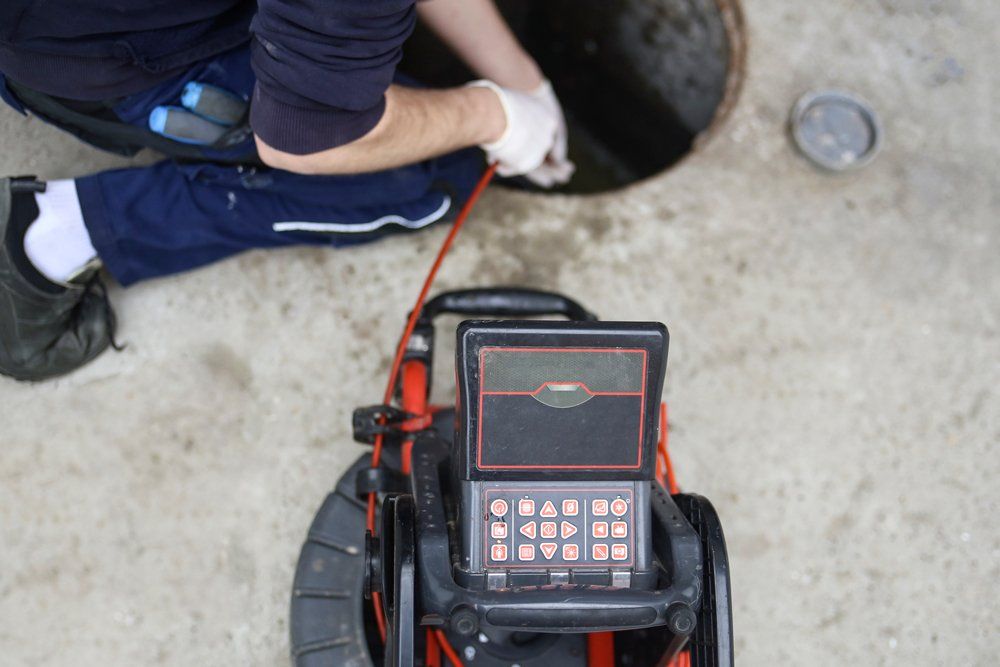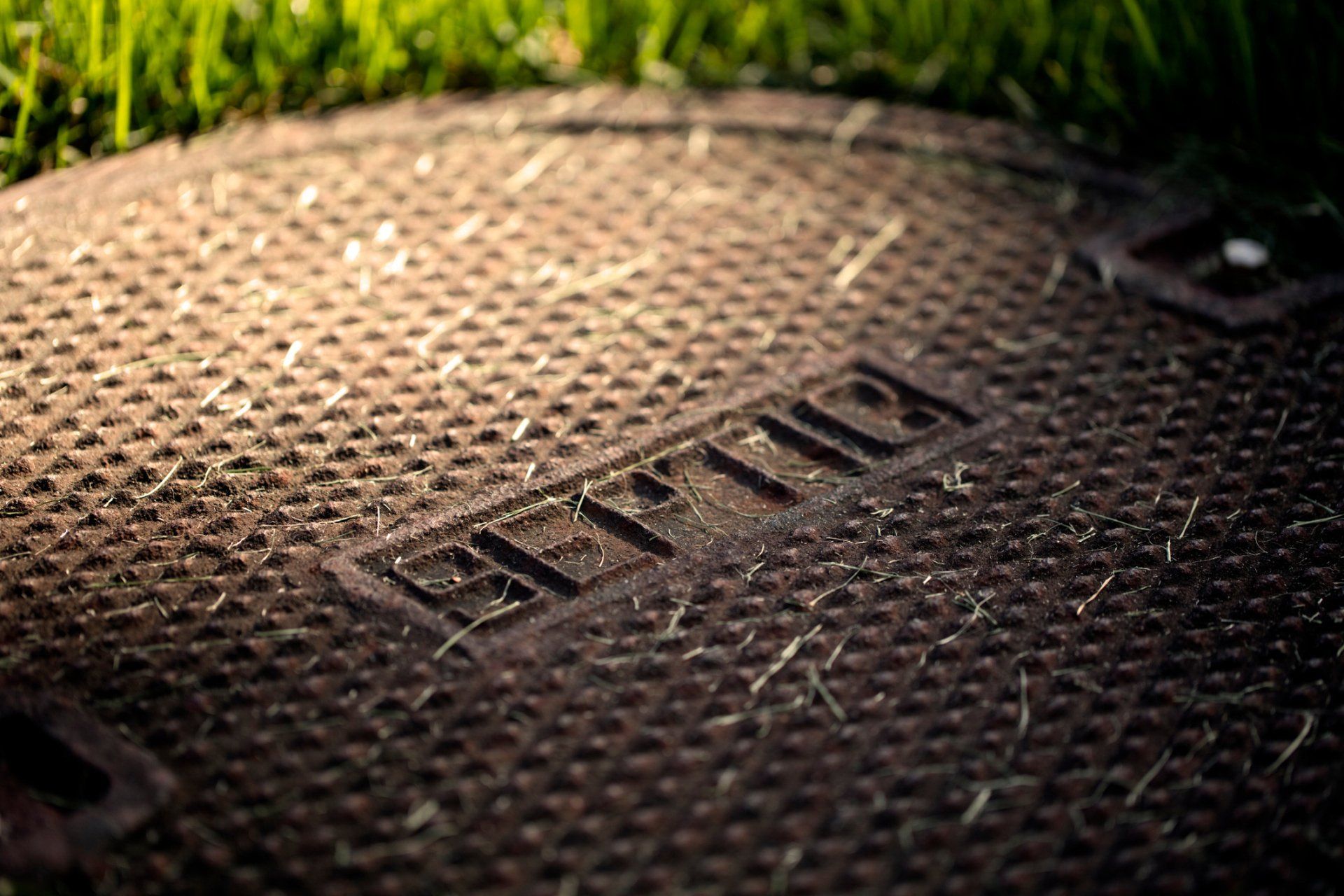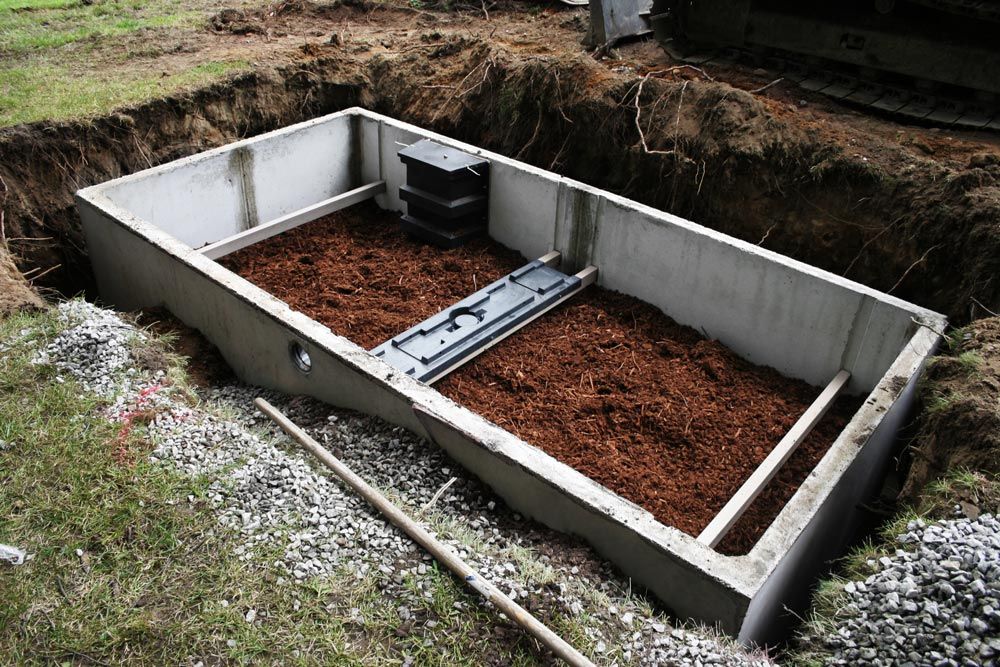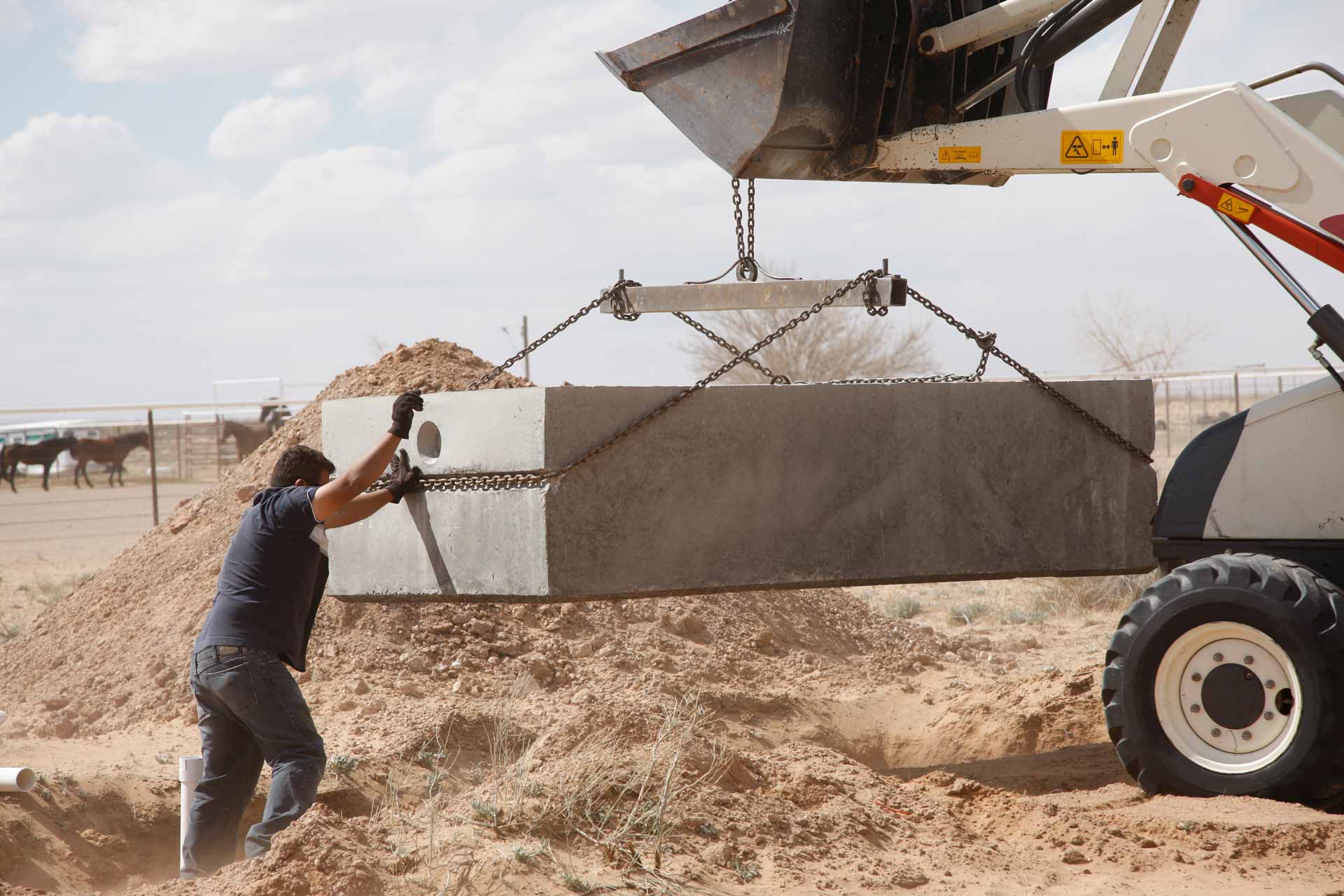When Do You Need an Alternative Septic System?

A septic system is vital to the performance of your home's plumbing system. In areas where a municipal sewer system is not available, septic systems are responsible for collecting, storing, and processing waste.
A conventional septic system consists of a tank and a drain field. The tank holds waste and allows for the separation of solids and liquids. Treated wastewater is released into the drain field via a series of perforated pipes. The water seeps out of these pipes and into the gravel or permeable soil for further treatment.
A conventional septic system is the most common in residential settings, but not all homes are good candidates for a system with a conventional design. If your home is located in an area with a high water table, shallow soil depth, or impermeable soils, then you will need to consider an alternative septic system instead.
High Water Table
The water table can fluctuate in some areas. You can usually deal with temporary changes in the local water table by reducing water usage in your home for a few weeks, but a consistently high water table can wreak havoc on a conventional septic system.
The soil in areas with a high water table is already near maximum saturation. This makes it difficult for the drain field to function properly. The saturation level of the soil in the drain field that is caused by a high water table can make it impossible for the soil to absorb the wastewater being pumped out of a septic tank. An alternative septic system that features an intermediary filtration system can help address problems associated with a high water table.
The most common type of filtration system used is a sand filtration system. Wastewater passes through a sand filter after the septic tank discharges it. The sand will help to remove any impurities, making the water cleaner as it enters the drain field. You won't have to worry about soil contamination when you utilize a sand filter septic system if your property has a high water table.
Shallow Soil Depth
The depth of the soil on your property can dictate which type of septic system will best serve your home. Conventional septic systems feature a tank buried below the surface of the ground. If the topsoil levels on your property are minimal, you may not be able to fully bury your septic tank. The shallow soil will also affect drain field performance by preventing maximum saturation.
A viable septic solution for homeowners with shallow soil depth is a low-pressure pipe septic system. This alternative type of septic system features a pumping chamber between the tank and the drain field.
Instead of discharging wastewater into the drain field continually, the pumping chamber is programmed to release wastewater on a set schedule. Limiting the amount of wastewater that enters the drain field at any given time will allow the shallow soil to process wastewater without becoming waterlogged.
Impermeable Soil
It's not just soil depth that can affect drain field performance, the type of soil on your property plays a role in the effectiveness of your septic system as well. Ideal soil conditions are permeable to allow for the absorption of wastewater in the drain field.
Soils with high clay content have a tendency to form a tough crust that prevents water permeation. To combat a clay soil, you can install a mound septic system. These septic systems feature a drain field that is installed above ground level.
The technicians installing a mound septic system will create a gravel bed, and the perforated pipes of the drain field are laid over the gravel. The next step is covering the entire area with permeable sand to allow for the proper treatment of wastewater.
No matter what type of septic system serves your home, regular cleaning and maintenance are critical. Contact Pete's Outflow Technicians to schedule a septic tank and line cleaning service for your system today.









